- 👨🏿🚀TC Daily
- Posts
- Expansion fever
Expansion fever
Inside: The retail reset in South Africa.


Happy mid-week. ☀️
We’re almost close to the weekend, hang in there. But before you log off and dream of Friday night, here’s a $17 billion wake-up call: Starlink is going all-in on the direct-to-cell market, snapping up wireless spectrum from EchoStar in a deal split between cash and stock. The move signals Elon Musk is shooting for both the skies and the smartphones in our pockets. Owning spectrum outright puts Starlink in a prime position to battle incumbents like Apple’s Globalstar partner and maybe even pave the way for a Musk-made phone. In other words, the spectrum wars just got their biggest rocket boost yet.
Let's dive in.

Banking
Nigeria’s Zenith Bank wants to expand into Francophone Africa
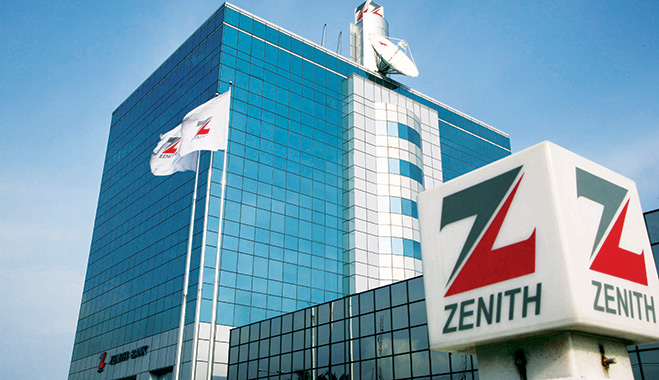
Zenith Bank wants to claim the pan-African banking giant title. After announcing plans to launch in Kenya before the end of 2025, the lender will also expand into Côte d’Ivoire this year and Cameroon shortly after.
Why? Following its successful ₦350 billion ($232 million) capital raise this year to exceed the Central Bank of Nigeria’s new minimum capital requirements, the tier-one bank wants to deploy 40% of the fresh capital to finance these expansions. Zenith is also looking to acquire a tier-two lender in Kenya, marking its first entry into East Africa.
Between the lines: New minimum requirements for banks in Kenya created acquisition opportunities for larger players like Zenith Bank, hoping to establish its presence in East Africa. The expansion could extend Zenith's West African presence beyond Nigeria, Ghana, and Sierra Leone while establishing an East African foothold.
State of play: With a refreshed capital structure, Zenith is positioning itself to compete with established players like Ecobank and others across Francophone West & Central Africa.
Zoom out: Nigerian banks are transforming regulatory compliance into a competitive advantage, using mandated capital increases to fund multi-regional expansion. In May, Access Bank also completed its acquisition of the National Bank of Kenya to expand further into East Africa.
eCommerce Without Borders: Get Paid Faster Worldwide

Whether you sell in Lagos or Nairobi, customers want local ways to pay. Let shoppers check out in their local currency, using cards, bank transfers, or mobile money. Set up seamless payments for your global online store with Fincra today.
Companies
Safaricom’s new ride-or-die bundles target Kenyan boda boda riders
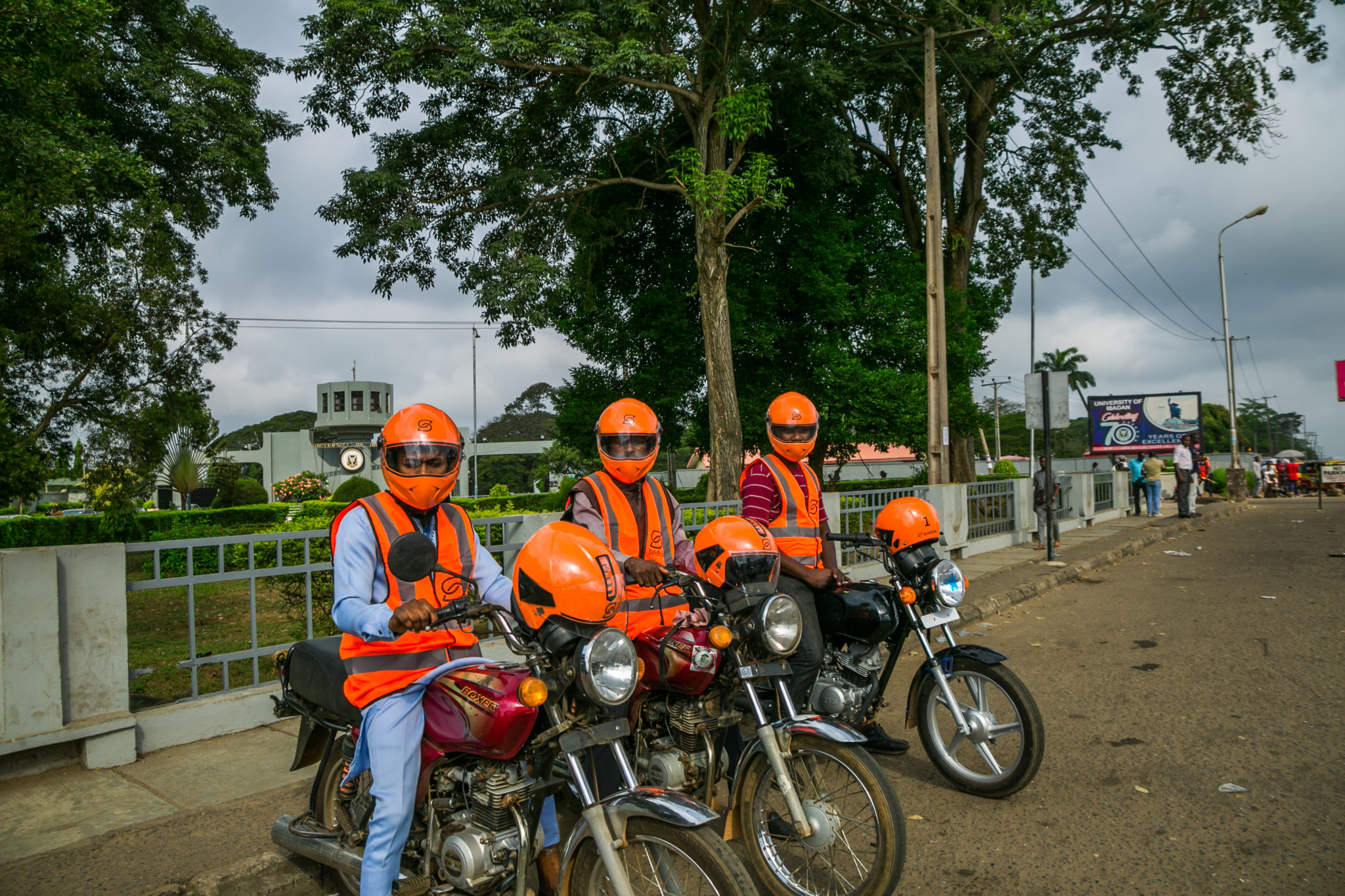
Boda boda rides (commercial motorcycles) are one of the riskiest means of moving around in Kenya, yet they are also one of the most essential. Millions of Kenyans rely on them for daily transport, and riders themselves depend on long shifts to make a living.
Yet most of these riders have no insurance. One crash can wipe out months of earnings, leaving their families with nothing to fall back on. On Tuesday, Safaricom, Kenya's largest telecom company, rolled out a new pitch to fix that, unveiling bundles that mix data, airtime, and, crucially, insurance.
The logic is simple. Riders spend every day online, hustling for fares, topping up airtime, and burning fuel. By tying insurance to products they already buy, Safaricom (with help from insurer Turaco and Shell’s fuel discounts) is betting that riders will bite. The new Tuunza Mapato cover offers hospital payouts and funeral support—services that could mean real relief in a sector where accidents are routine.
Here’s the rub: affordability. A rider can pay KES 50 ($0.38) daily for airtime and data, but the “real” value sits in the weekly and monthly packages. At KES 1,000 ($7.70), riders get insurance plus 8GB of data and credit. Drivers get a fatter KES 2,000 ($15.40) package with more data and coverage. On paper, it’s a no-brainer. In practice, boda incomes are erratic—KES 500–KES 1,500 ($3.85–$11.50) a day—and most can’t spare a lump sum upfront.
The bet, then, is on trust. Riders say they’ll only believe in the product if Safaricom pays claims fast and fairly. Kenya has over 2.4 million motorcycles on the road; if Safaricom cracks this, it’ll lock in the loyalty of the country’s most indispensable workforce.
Shop anywhere with Paga's physical prepaid card

Own every checkout with Paga’s Physical Prepaid Card. Suitable for all your security and speed needs. Just fund, shop, and pay anywhere with confidence. Get yours today.
E-commerce
South African retail resets as Walmart steps in
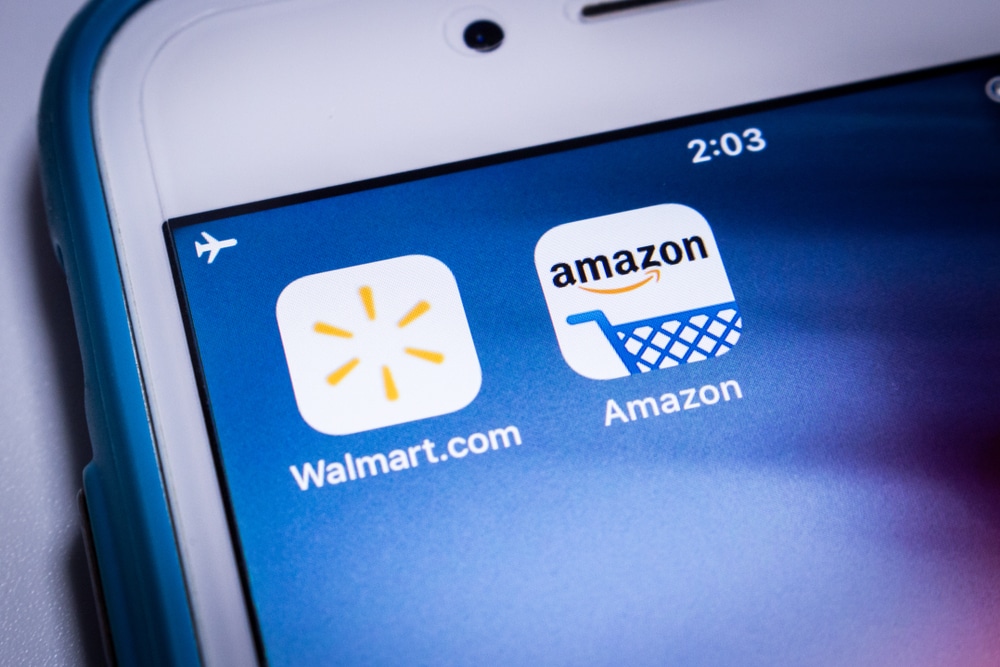
Local retailers in South Africa are retreating from international bets to focus on home, just as a global giant enters the market.
Spar Group Ltd. is packing up overseas. South Africa’s second-largest retailer by revenue has offloaded its Swiss business for $59 million to Tannenwald Holding AG.
Why the exit? As of 2025, the retailer had a net debt of about $357 million. Abroad, the numbers didn’t help. SPAR Switzerland’s turnover saw a 6.2% year-on-year decline. While its loss-making Polish arm was sold to local retailer Specjal for $10 million. Back home, competition from Shoprite and Pick n Pay is only getting fiercer.
It’s not just Spar. In August, Shoprite exited Ghana and Malawi, and plans to leave Mozambique, choosing to focus on South Africa instead.
As local players regroup, a global giant is gearing up. US retail giant Walmart will open its first store in South Africa before the end of the year. Walmart isn’t entirely new to South Africa. It has been in the country since 2011 through its majority stake (51%) in Massmart, owner of Game, Marko, and Builders. This launch comes after its full buyout and delisting from the Johannesburg Stock Exchange (JSE) in 2022.
The new outlets will carry the Walmart name, offering groceries, household items, digital tools, and job opportunities for locals.
What does this all mean? South Africa’s retail sector is about to get a lot more crowded.. With local players doubling down and Walmart bringing global muscle, competition is set to heat up. That’s good news for shoppers, as retailers fight to win them over with better prices, sharper stores, and more choice.
Never miss an update from Paystack
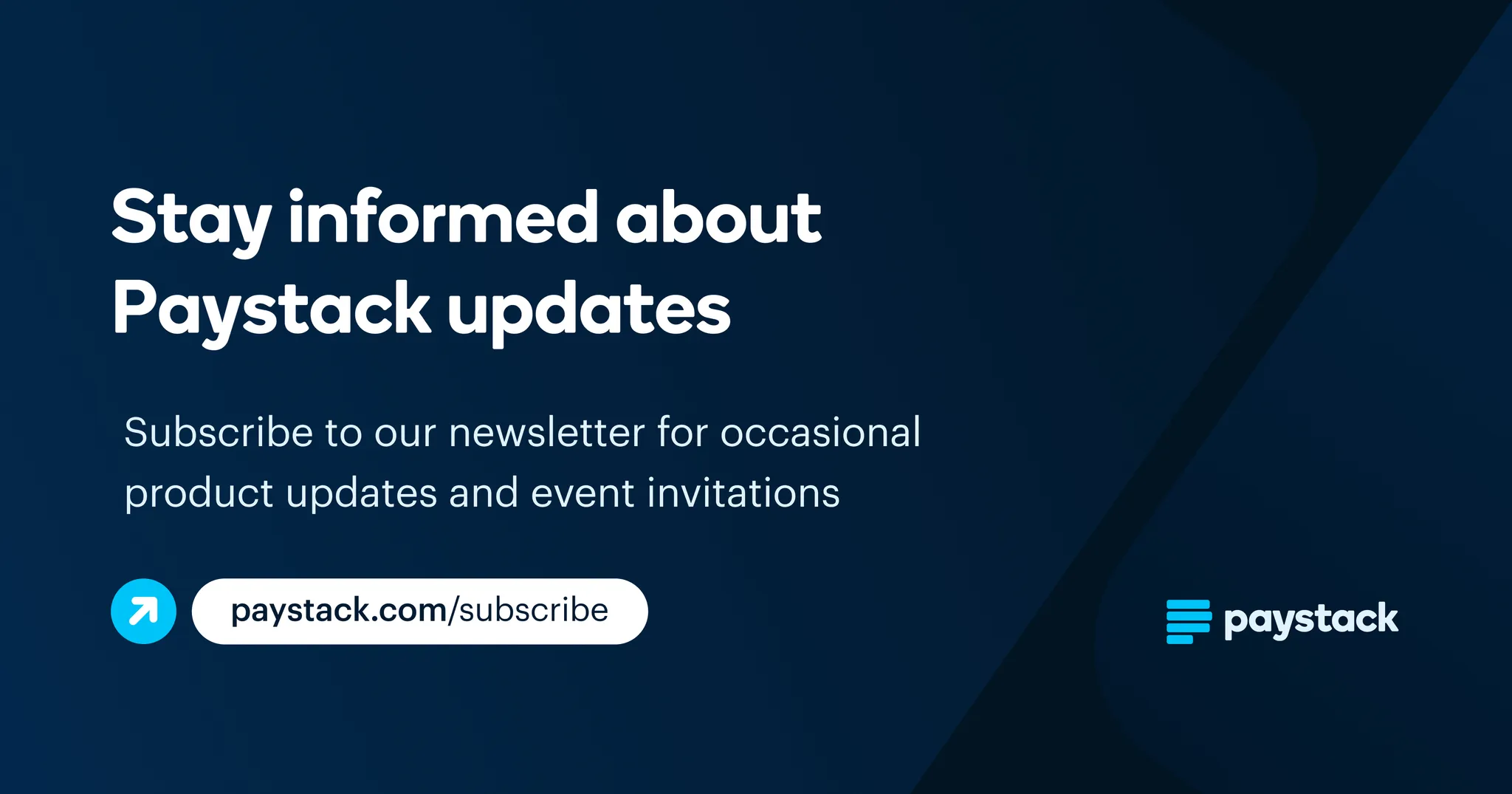
Subscribe to Paystack for a curated dose of product updates, insights, event invites and more. Subscribe here →
Companies
Zoho wants to compete with Google and Microsoft in Nigeria, but 5 years later, it still struggles
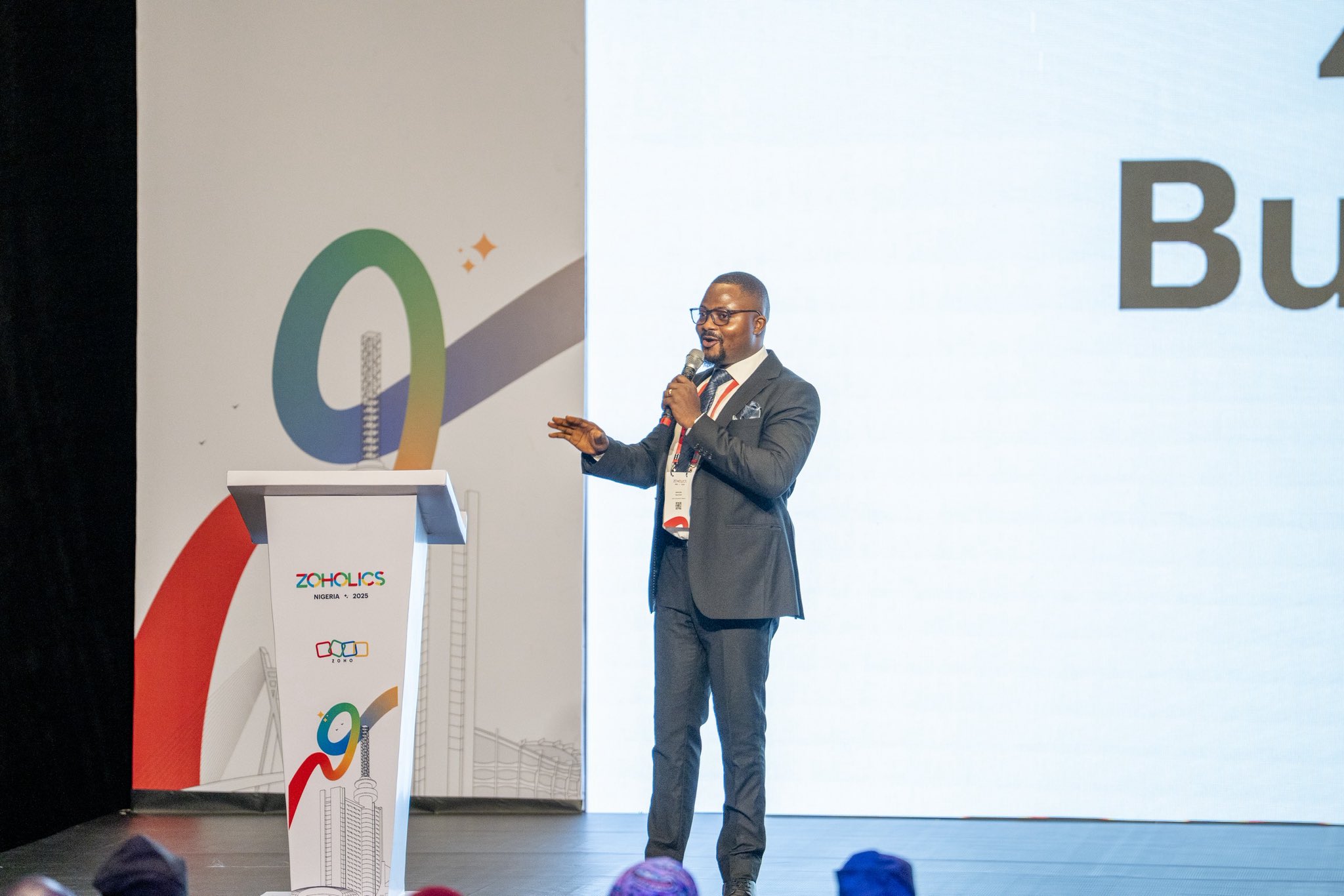
Zoho, an Indian enterprise software company positioning itself as an affordable naira-priced alternative to Microsoft 365 and Google Workspace, still struggles to find its traction in Nigeria.
The company recorded its highest-ever growth of 83.68% in Nigeria in 2023 when the naira lost over 55% of its value, making the naira-priced alternative suddenly attractive. Growth slowed to 74.28% in 2024, though the company attributes this to market maturation rather than recent price adjustments.
To win over more customers, especially startups, Zoho has rolled out a programme offering up to ₦3 million ($1,990) in product credits for a year.
It also plans to release ZiaLLM in African markets before the end of 2025, ‘at no additional cost’ to existing customers, hoping cheaper AI tools will sway businesses on the continent.
CRYPTO TRACKER
The World Wide Web3
Source:

Coin Name | Current Value | Day | Month |
|---|---|---|---|
| $111,509 | - 0.38% | - 8.43% | |
| $4,313 | + 0.05% | - 0.43% | |
| $578.24 | - 1.22% | + 0.18% | |
| $218.71 | + 1.61% | + 17.41% |
* Data as of 05.30 AM WAT, September 10, 2025.
How did you find today's edition of #TCDaily? |




